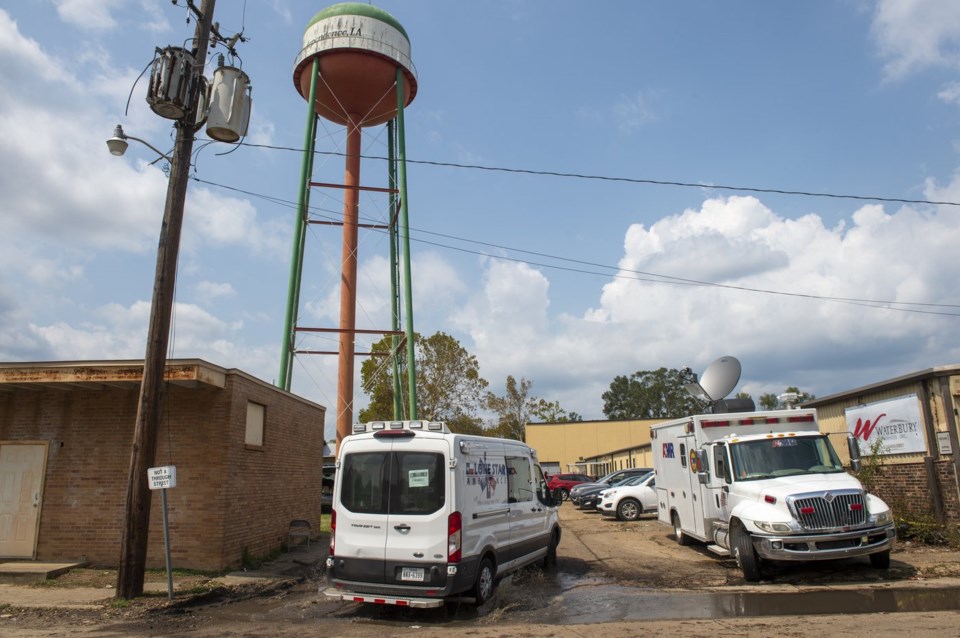NEW ORLEANS (AP) — A Louisiana businessman who sent more than 800 elderly residents from his seven nursing homes to ride out Hurricane Ida in a crowded, ill-equipped warehouse pleaded no contest to 15 criminal counts Monday and was sentenced to three years of probation.
Bob Dean Jr. also must pay more than $358,000 in restitution to the state health department and more than $1 million as a monetary penalty, but state Attorney General Liz Murrill expressed frustration in a news release that Dean didn't get any prison time.
"We asked specifically that he be sentenced to a minimum of 5 years in prison, and not be given only probation. I respect our judicial system and that the judge has the ultimate discretion over the appropriate sentence, but I remain of the opinion that Dean should be serving prison time,” her statement said.
Dean, 70, owned seven nursing homes in New Orleans and southeast Louisiana. As Ida approached, Dean moved hundreds of residents into a building in the town of Independence, roughly 70 miles (110 kilometers) northwest of New Orleans.
Authorities said conditions at the warehouse deteriorated rapidly after the powerful storm hit on Aug. 29, 2021. They found ill and elderly bedridden people on mattresses on the wet floor, some crying for help, some lying in their own waste. Civil suits against Dean’s corporation said the ceiling leaked and toilets overflowed at the sweltering warehouse, and there was too little food and water.
Within days after the storm hit, the state reported the deaths of seven of the evacuees, five of them classified as storm-related.
By the time Dean was arrested on state charges in June 2022, he had lost state licenses and federal funding for his nursing homes.
According to Murrill, Dean pleaded no contest to eight counts of cruelty to the infirmed, two counts of obstruction of justice and five counts of Medicaid fraud. Judge Brian Abels sentenced Dean to a total of 20 years in prison, but deferred the sentences in favor of three years of probation. The plea was entered in Tangipahoa, north of New Orleans.
Defendants who plead no contest do not admit guilt but elect not to defend against the charges. They are then subject to being convicted and punished as if there had been a guilty plea.
Kevin Mcgill, The Associated Press




